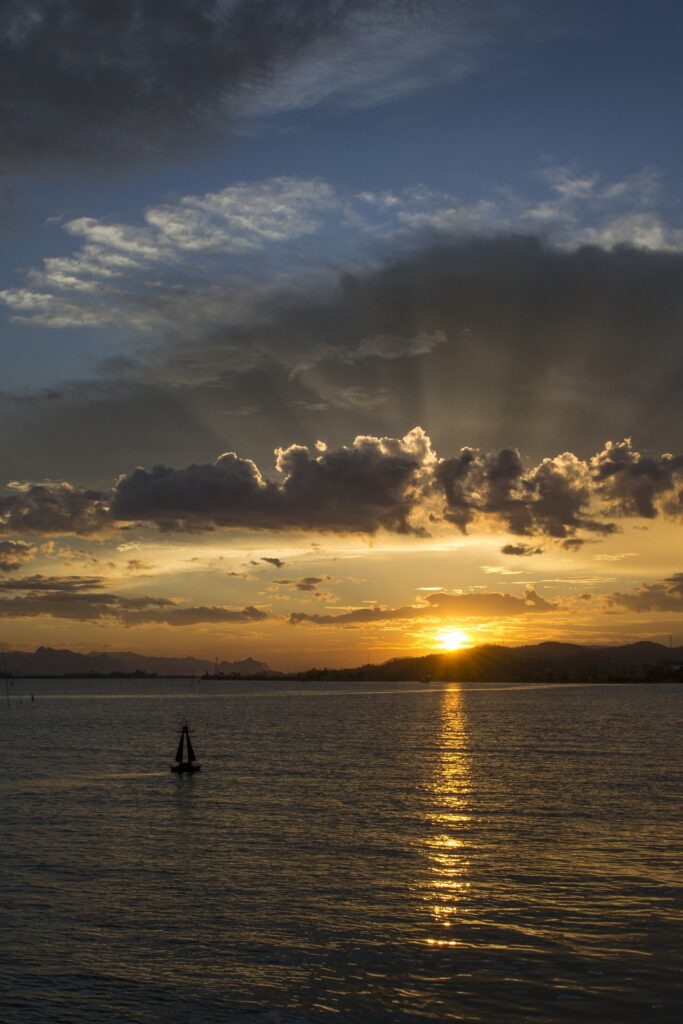
唐 王湾 《次北固山下》
The whole poem depicts a beautiful picture of the river scenery, expressing the poet's deep yearning for his hometown. At the same time, it expresses the rich emotions of the poet by borrowing natural scenes such as wind, water, sun, and spring, as well as images such as rural books and wild geese.
全诗如下:
客路青山外,行舟绿水前。
潮平两岸阔,风正一帆悬。
海日生残夜,江春入旧年。
乡书何处达?归雁洛阳边。
Roughly means:
Traveling by boat, beyond the green mountains is the road of travelers, and the poet's boat sails on the green water.
When the tide is calm, the two banks appear particularly wide; the wind is just right, and the sails are hoisted up.
The sun rises on the sea, and the remnant night is about to fade away; the spring on the riverside has arrived early before the old year is over.
I don't know where to send my home letter? Wild geese flying far away, please take the letter to Luoyang.

Image by JASON MAI from Pixabay
Beigu Mountain is located in Zhenjiang, Jiangsu Province. Because it faces the Yangtze River in the north, the situation is dangerous and solid, so it is named Beigu Mountain. This poem was written when the poet's boat was temporarily moored in Beigu Mountain.


